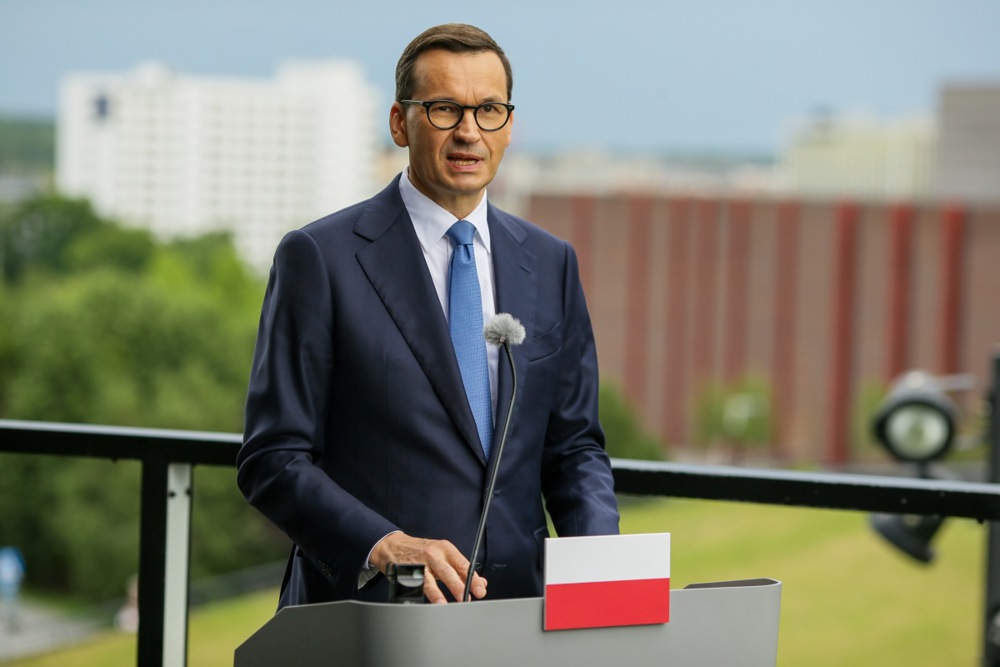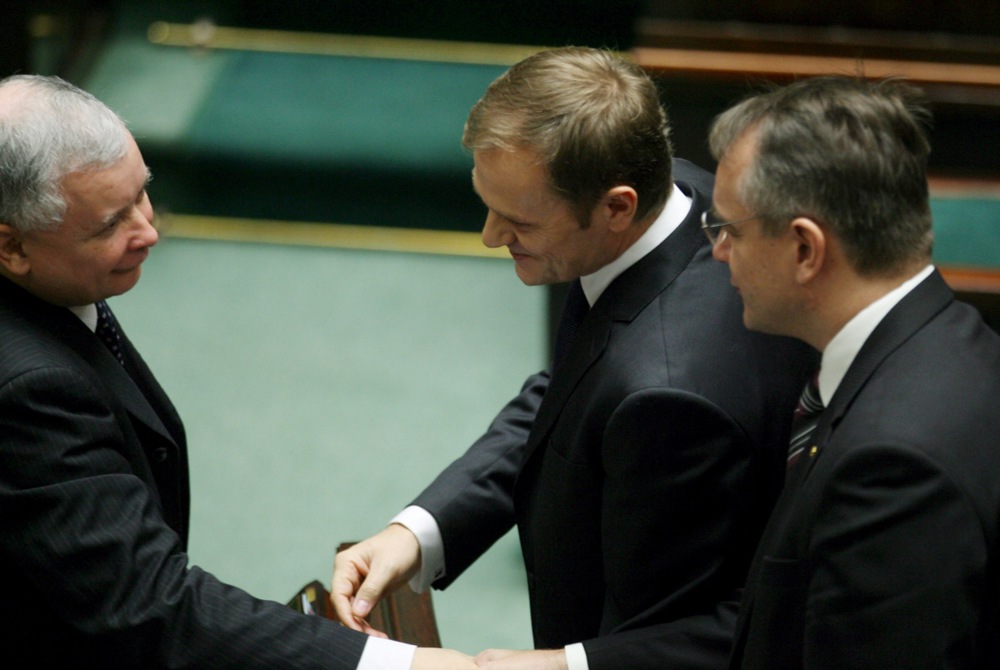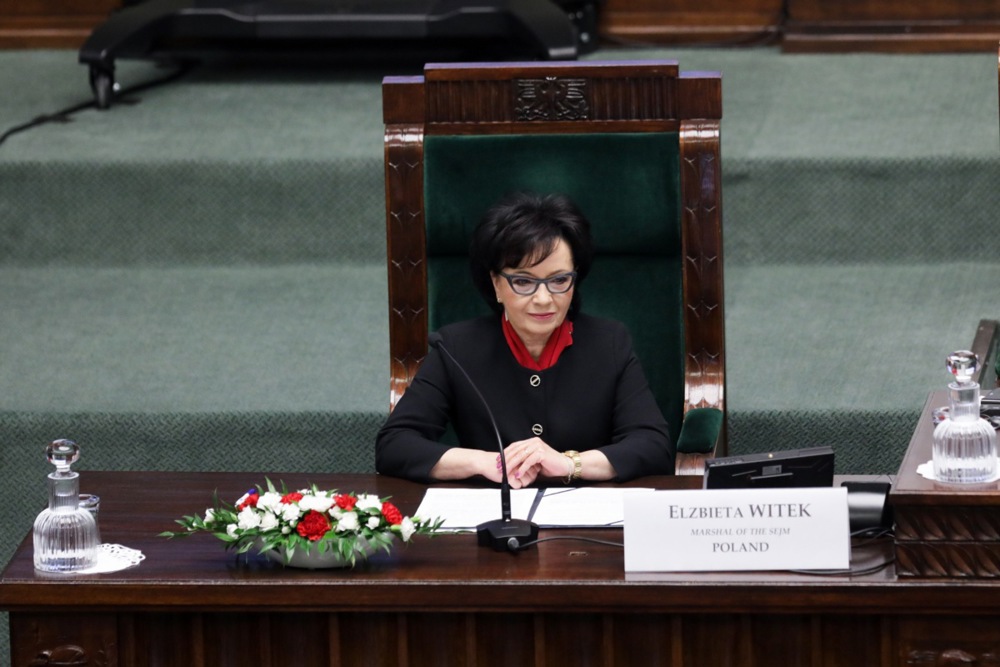A George Soros-backed company has taken a majority shareholding in the daily Rzeczpospolita, one of the most influential newspapers in Poland, just weeks before national elections.
The paper, which was once state-owned and is still regarded as a journal of record, is critical of the Conservative government and sympathetic towards Poland’s opposition. The Soros acquisition of a majority shareholding was welcomed by Liberals and criticised by the ruling elite.
The Polish owner of both the Rzeczpospolita and the financial daily Parkiet, Grzegorz Hajdarowicz, has sold most of his shares to the Dutch company Pluralis, a minority shareholder which already held an option to take a controlling stake. Pluralis now controls 57 per cent of all shares. Hajdarowicz said he sold following pressure from the government.
The majority shareholder in Pluralis is George Soros’s Media Development Investment Fund. The fact that Soros has become indirectly involved in the deal runs counter to his recent announcement that he is no longer an active player in the European Union’s civil society.
Soros has been highly active in former Communist countries. He is hostile to Poland’s ruling conservative PiS and to prospects it could win a third term after October’s elections. Soros supports liberal migration policies and deeper integration within the European Union.
Paweł Kukiz, a former rock musician who stood for President in 2015, formed his own party and then migrated to the ruling PiS, took to social media. He wrote: “Yet more media out of Polish control. He who controls them, controls the message. And the message can be manipulated so that it works like a drug on people and secures a profit for the dealer.”
Cezary Gmyz, a public television journalist who worked for Rzeczpospolita under previous owners, told Brussels Signal that “information about Soros’s withdrawal from the European Union seems to have been somewhat exaggerated. He will continue to be involved in opinion forming in the traditional media.” Gmyz said he thinks that this development will be negative for the Polish media because “Rzeczpospolita will become increasingly a carbon copy of Gazeta Wyborcza and there is no room on the market for two such papers”.
Gazeta Wyborcza was the first independent paper in the then Communist bloc. Its editor remains to this day Adam Michnik, an anti-Communist dissident and a fierce critic of Poland’s Conservative government. The paper has enjoyed financing from George Soros’s media fund.
Gmyz thinks that the problem with liberal media, such as the two Soros-sponsored papers, is that they are “increasingly becoming closed to any alternative Conservative voices and functioning in self-reinforcing bubbles”.
Media expert prof. Maciej Morozowski told Wirtualne Media that he “would not be surprised if the move was consulted with Poland’s opposition”. But he was sceptical as to whether this could damage the ruling PiS or help the opposition given that the paper tended to be read by people with well defined political views.
The acquisition was welcomed by Jerzy Wójcik, the founder of the Media Liberation Foundation. He called the investment “a clear signal from a serious investor that he is backing media independence in Poland” and that this was “good news for journalists” in that they have a “form of shield to protect them” from the ruling party.
A debate has raged in Poland over the involvement of foreign capital in Polish media. The ruling PiS has argued that a disturbing amount of both broadcast and publishing outlets are foreign-owned, by German capital in particular.
A legislative proposal to make it impossible for foreign owners to be majority holders in the Polish media was opposed by President Andrzej Duda and was shelved. This followed a clear signal from Washington that it would view any attempts to take over the commercial TVN network, owned by US companies, as a hostile act.
The European Commission and the European Parliament have criticised the Polish Government for making public media the mouthpiece of the ruling PiS, and for attempts to change legislation on media ownership. The Conservatives responded by pointing to the fact that both broadcasting and publishing media are highly ideologically diverse, unlike before they came to office.
Conservative also cite the fact that in several European states, including France, it is impossible for foreign capital to acquire majority shareholdings in media outlets.





